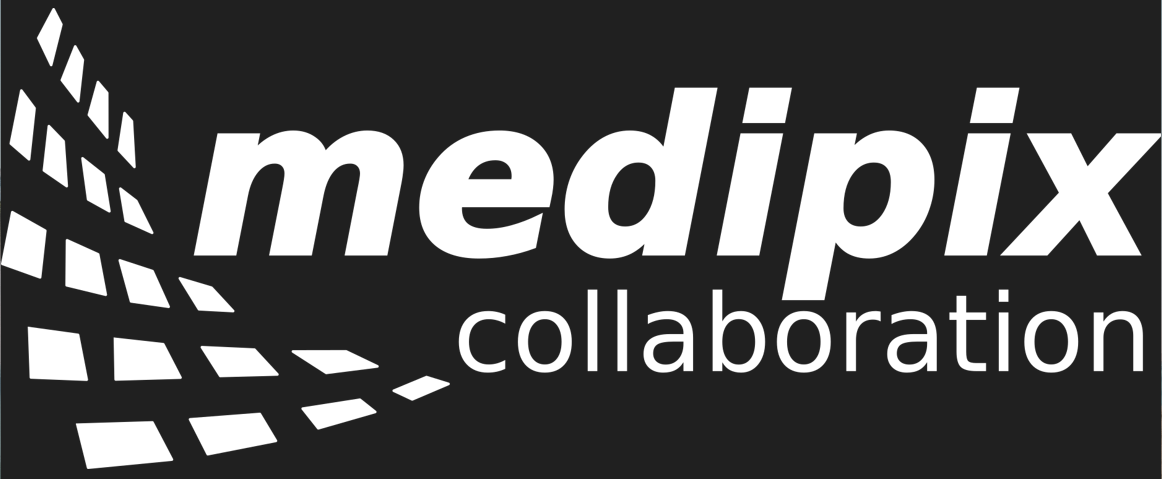Fifth ML-INFN Hackathon: Advanced Level
Building C
INFN Pisa

Welcome to the Fifth edition of the Machine Learning @ INFN (ML_INFN) advanced level hackathon, dedicated to INFN affiliates. This edition is hosted at INFN Sezione di Pisa.
Notably, it is the second Hackathon to happen in Person, so please apply only if you are planning to come to Pisa. The logistics allow for ~ 20 participants.
You may want to check the indico pages of the first (entry level), second (entry level), third (advanced level), and fourth (entry level) editions, with most of the talks attached as video files.
The mandatory registration process will be open from Monday October 16th to Monday October 23th.
In case of a number of registrations exceeding the available positions, the applications will be ranked and selected on the basis of the scientific CV of the applicants.
The successful applicant will be informed by November 1st. Please do not book hotel/flight before a positive confirmation.
The course is to be considered as "advanced level" for Machine Learning topics. The hackathon will be organized over 4 days, distributed as
- Infrastructure and tools for Machine Learning at INFN
- Models constitued of multiple neural networks
- Models for data beyond tabular format
- Ongoing developments towards the future of Machine Learning
The afternoons of days 2 and 3 will be devoted to experimenting the various methods and architectures with the help of tutors.
Upon registration, users will be asked to express their preferences for a one of the use cases offered. We will try to
- whenever possible, satisfy the preference in the order given
- try to form groups with students with the full range of proficiencies, in order to allow for self-tutoring inside the groups
The list of available use cases for the hackathon are currently (there could be additions depending on the registration process and on the status of other opportunities):
- Transformers and Visual Transformers
- U-Net and medical image segmentation
- Solving partial differential equation with deep learning
- Anomaly detection with Autoencoders in CMS Data Quality Monitoring
Prerequisites
Technical: access to INFN Cloud provided resources
NOTE: users will use INFN-Cloud resources and this does not require any specific INFN-Cloud authorization.
Please read and comply with the recommendations in the side menu "technical prerequisite".
Machine learning related knowledge
The hackathon is to be considered as advanced level for Machine Learning. Hence, students are expected to have a starting level of understanding of machine learning and on the technologies it implies. For example
- good fluency in Python:
- program flow, definition and use of variables
- definition and utilization of functions
- package management (import, install via pip)
- fluency in numpy:
- arrays, basic operations, reshaping
- fluency on matplotlib:
- how to define and plot a basic figure
- fluency on online python notebooks
- (like SWAN, Jupyter, Google Colab)
- basic concepts of Deep Learning
- (e.g.) working principle of dense and convolutional layers
- epochs, batches, optimizers, metrics...
Registration
Attending the hackathon is free but the registration is mandatory (see the side menu).
The number of participants can be limited, depending on the tutoring and technical capabilities.
Upon registration, we will require:
- INFN Affiliation
- Research interests
- Proficiency level in Machine Learning and related tools
- Specific interests in Machine learning techniques
- The preferred use case for the second and the third day (first and second choice)
Sponsors and support to the event
The event is sponsored by the Pisa unit of the Italian Institute for Nuclear Physics (INFN), by the Artificial Intelligence in Medicine:next steps INFN initiative, by the Medipix collaboration, by the Future Artificial Intelligence Research (FAIR) initiative and by the Italian Research Center on High Performance Computing, Big Data and Quantum Computing (ICSC Foundation).





Additional Material
Please consider visiting again this page from time to time: we will add more resources for the hackathon and related projects as soon as they become available,.
